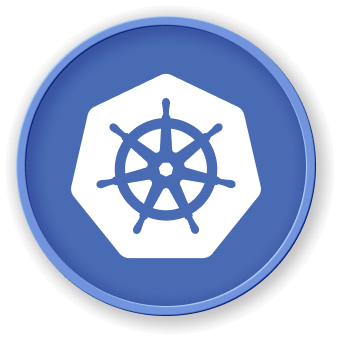Diagnosing Certificate Authority Data Issues
As the Kubernetes Certificate Authority (CA) plays a crucial role in the security of your cluster, it is essential to be able to diagnose and resolve any issues related to the CA data. Potential problems may arise due to misconfiguration, data corruption, or changes in the cluster's security requirements.
One common issue that administrators may encounter is the inability to access the CA data, which can prevent Kubernetes components from verifying the authenticity of certificates and establishing secure connections. This can manifest as various error messages, such as "x509: certificate signed by unknown authority" or "failed to load client certificate".
To diagnose such issues, you can start by inspecting the Kubernetes API server logs, which may provide valuable information about the underlying problem. You can use the following command to view the API server logs:
kubectl logs kube-apiserver -n kube-system
Another useful tool for diagnosing CA data issues is the kubeadm command-line interface. The kubeadm tool provides several subcommands that can help you inspect and manage the Kubernetes CA, including:
kubeadm certs check-expiration: This command checks the expiration status of the certificates used in the cluster.kubeadm certs renew: This command can be used to renew expiring certificates.kubeadm certs certificate-key: This command generates a one-time-use certificate key that can be used to bootstrap the Kubernetes control plane.
By using these kubeadm commands, you can gather information about the state of the Kubernetes CA and identify any potential issues with the certificate data.
Additionally, you can use the Kubernetes API to programmatically access and inspect the CA data. The following example demonstrates how to retrieve the CA certificate using the Kubernetes API:
from kubernetes import client, config
## Load the Kubernetes configuration
config.load_kube_config()
## Create a Kubernetes API client
api_client = client.CoreV1Api()
## Retrieve the CA certificate
ca_cert = api_client.read_namespaced_config_map("kube-system", "extension-apiserver-authentication").data["requestheader-client-ca-file"]
print(ca_cert)
By understanding the tools and techniques for diagnosing CA data issues, you can effectively troubleshoot and resolve any problems that may arise, ensuring the continued security and reliability of your Kubernetes cluster.



